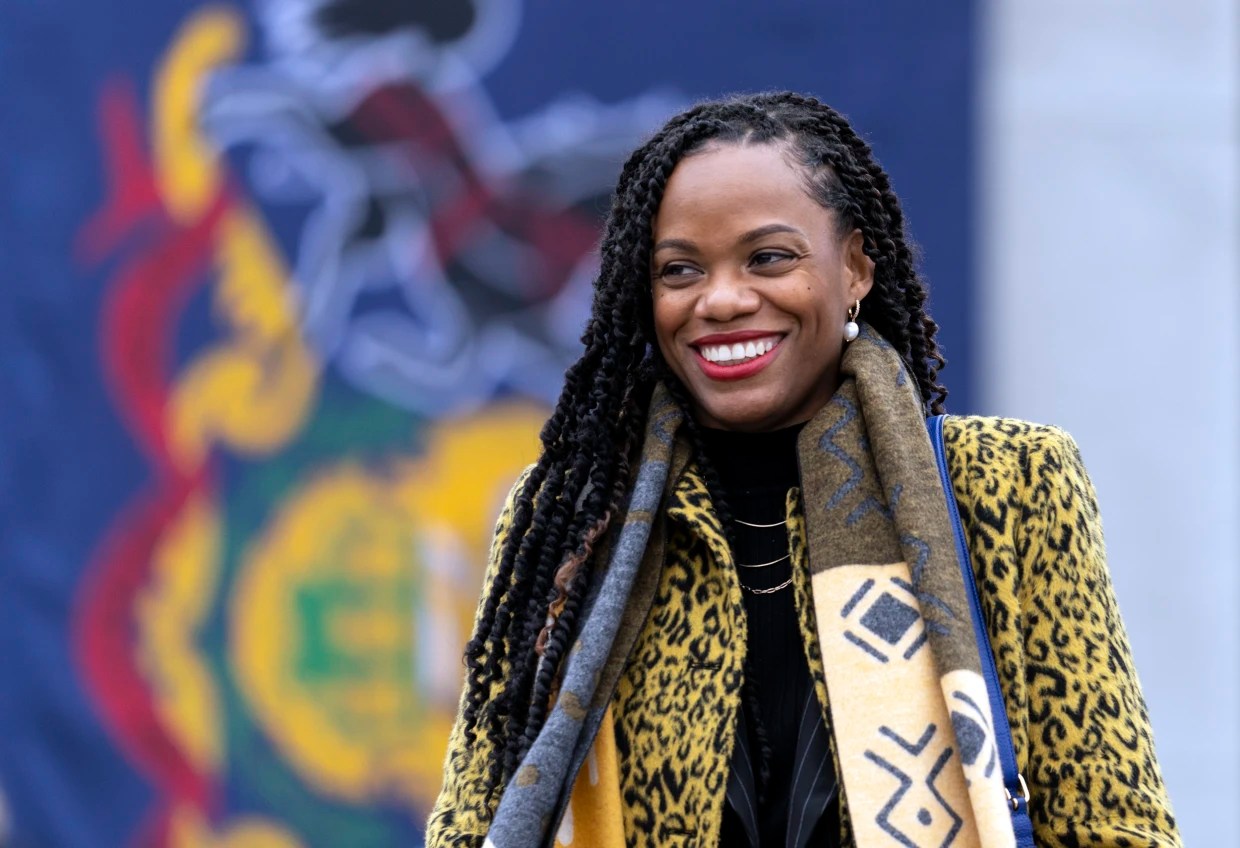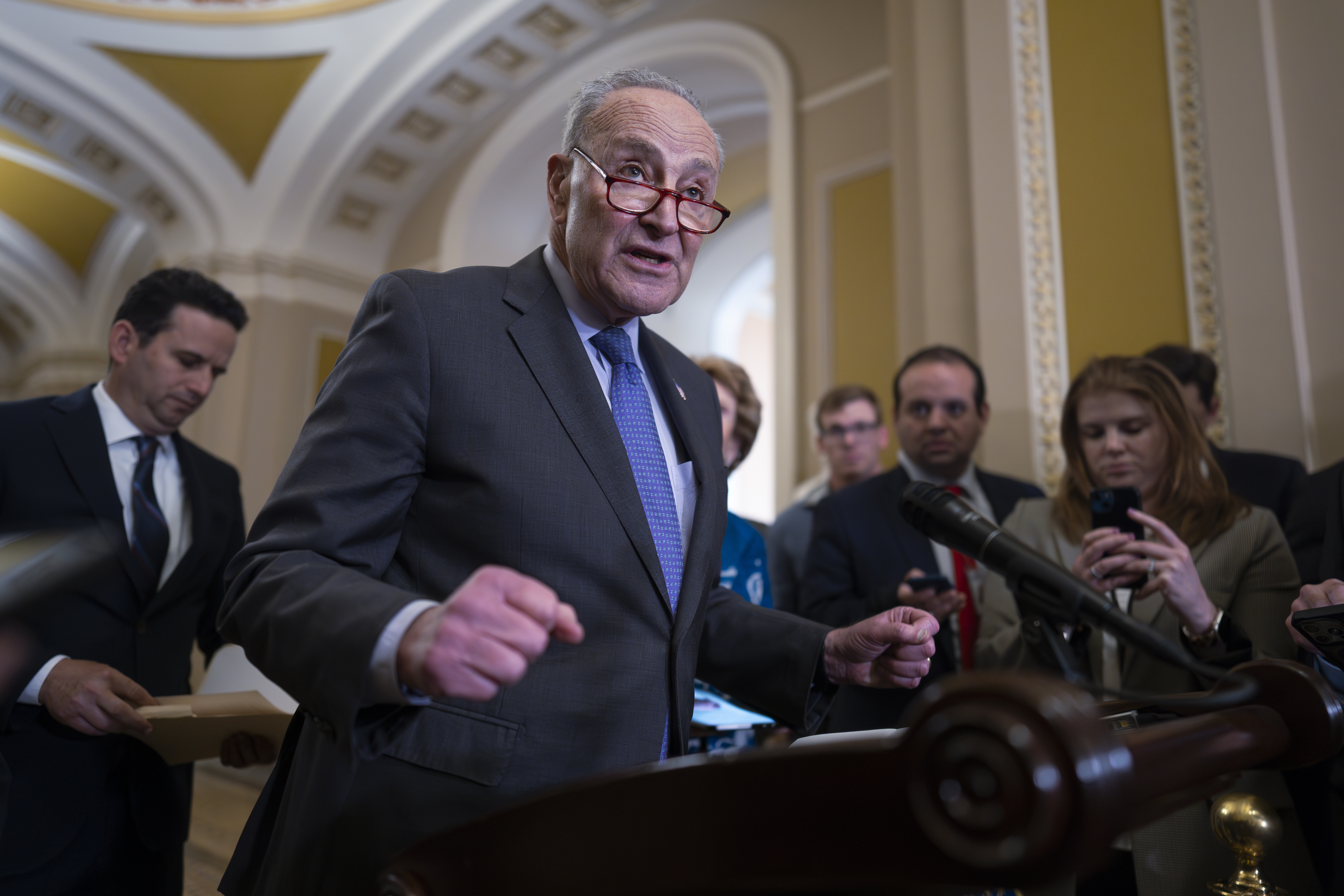A judge said Friday that he expects to rule within 10 days on Attorney General Ken Cuccinelli's demand for records related to a former University of Virginia professor's climate change research.
Retired Albemarle County Circuit Court Judge Paul M. Peatross Jr. said that he had hoped to rule from the bench but that he needed more time to absorb attorneys' arguments after a 75-minute hearing.
Cuccinelli said he is investigating whether Michael Mann defrauded taxpayers by using manipulated data to obtain government grants. Chuck Rosenberg, an attorney for the university, argued that the so-called "civil investigative demands" are flawed because Cuccinelli failed to specifically identify the nature of Mann's alleged conduct.
Peatross seemed sympathetic to that point, repeatedly pressing Deputy Attorney General Wesley Russell for a more detailed explanation.
"There is reason to believe that in information he submitted for grants, there is manipulated data," Russell said.
He suggested a more thorough explanation is not required at this early stage, which focuses on whether the state Fraud Against Taxpayers Act was violated.
"We're looking," he said. "You can't have a finding until you look."
Politics
Political news from the U.S. Capitol, White House and around Washington, D.C., Maryland and Virginia
Rosenberg said the law requires more than "mere intuition" that fraud was committed before the attorney general can demand the records, and that the specific nature of the violation must be stated.
The university also has argued in court papers that Cuccinelli's actions could impair academic freedom and discourage scientific research. The lawyers touched on that issue only briefly in the hearing, with Rosenberg saying academic freedom is rooted in the First Amendment.
The conservative Republican attorney general has said academic freedom is not a legal barrier to a fraud investigation. Cuccinelli, a global warming skeptic, also has denied the university's claim that his investigation is intended to challenge Mann's conclusions rather than uncover fraud.
Cuccinelli is seeking documents and other information, including e-mails between Mann and other climate scientists. The materials are related to five research grants worth about $466,000 to Mann, who worked at the university from 1999 to 2005 and is now a professor at Penn State University.
Rosenberg argued that four of those grants were all federal money and are therefore not subject to the state fraud law. But Russell said once the federal funds enter a UVA bank account, it becomes state money.
The two sides also disagreed on a technical but key issue -- whether the university is a "person" subject to the fraud act or whether it is a state agency. Russell said a state law defines the UVA rector and governing board as a corporation, which is the same as a person for purposes of the law. But Rosenberg said courts have held that the university is a state agency with some aspects of a corporation.
Mann has been a target of global warming deniers for his work that shows the world's temperatures have risen since the early 1900s. However, other investigations have found no wrongdoing by Mann, who did not attend the hearing.
Rosenberg said even some of Mann's critics oppose Cuccinelli's investigation. He read to the judge an excerpt from a letter from one who cautioned against "intimidating a scientist" through an official investigation.
Russell, however, said government can't afford to be cowed by claims that any investigation of an academic researcher is a witch hunt.
"If you do, you are essentially licensing university researchers to engage in fraud," he said.



